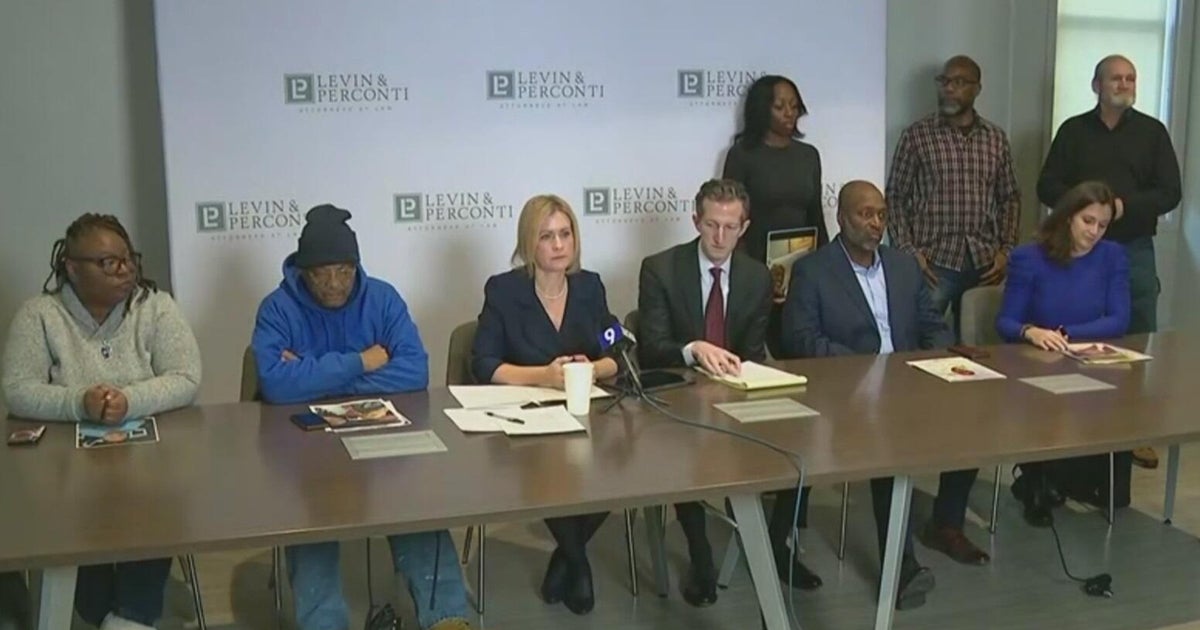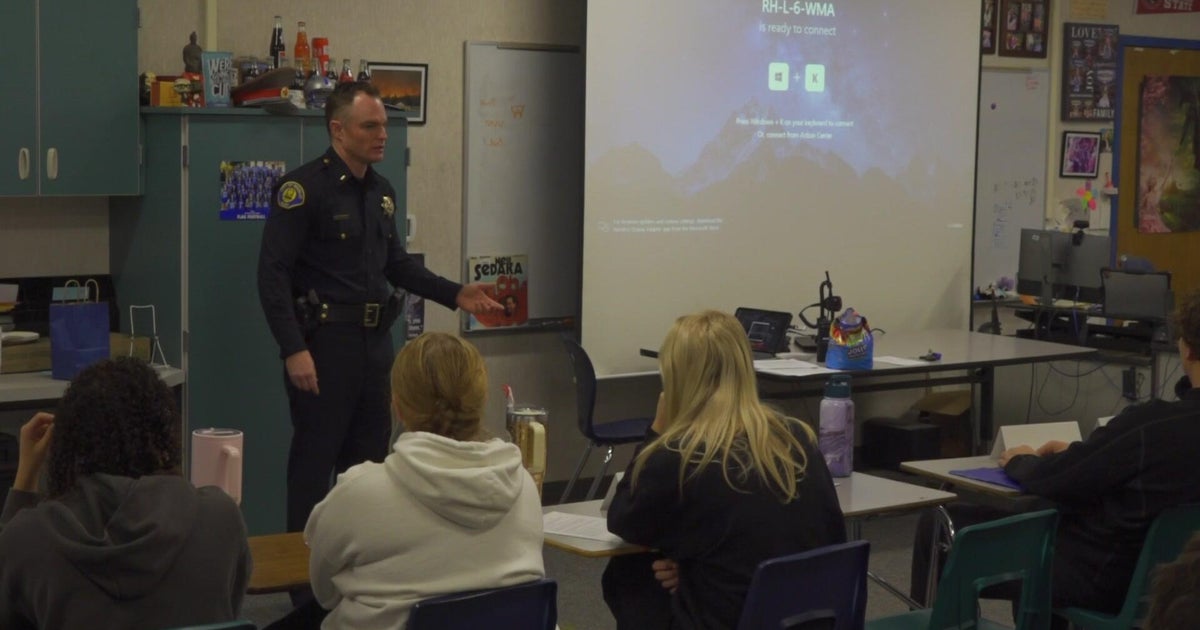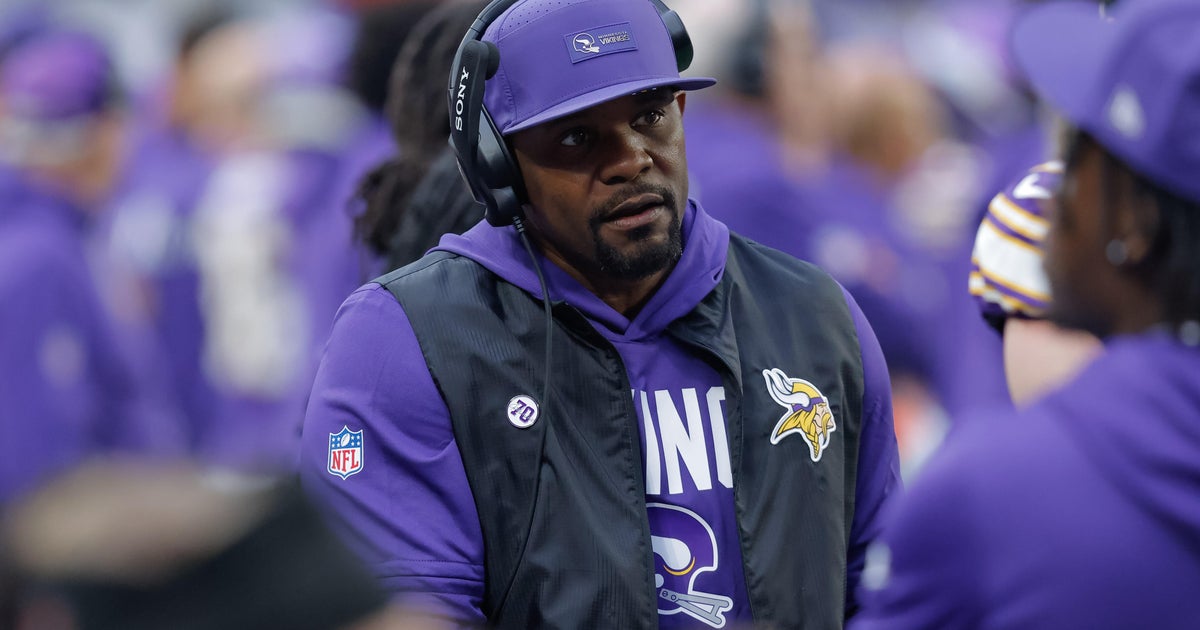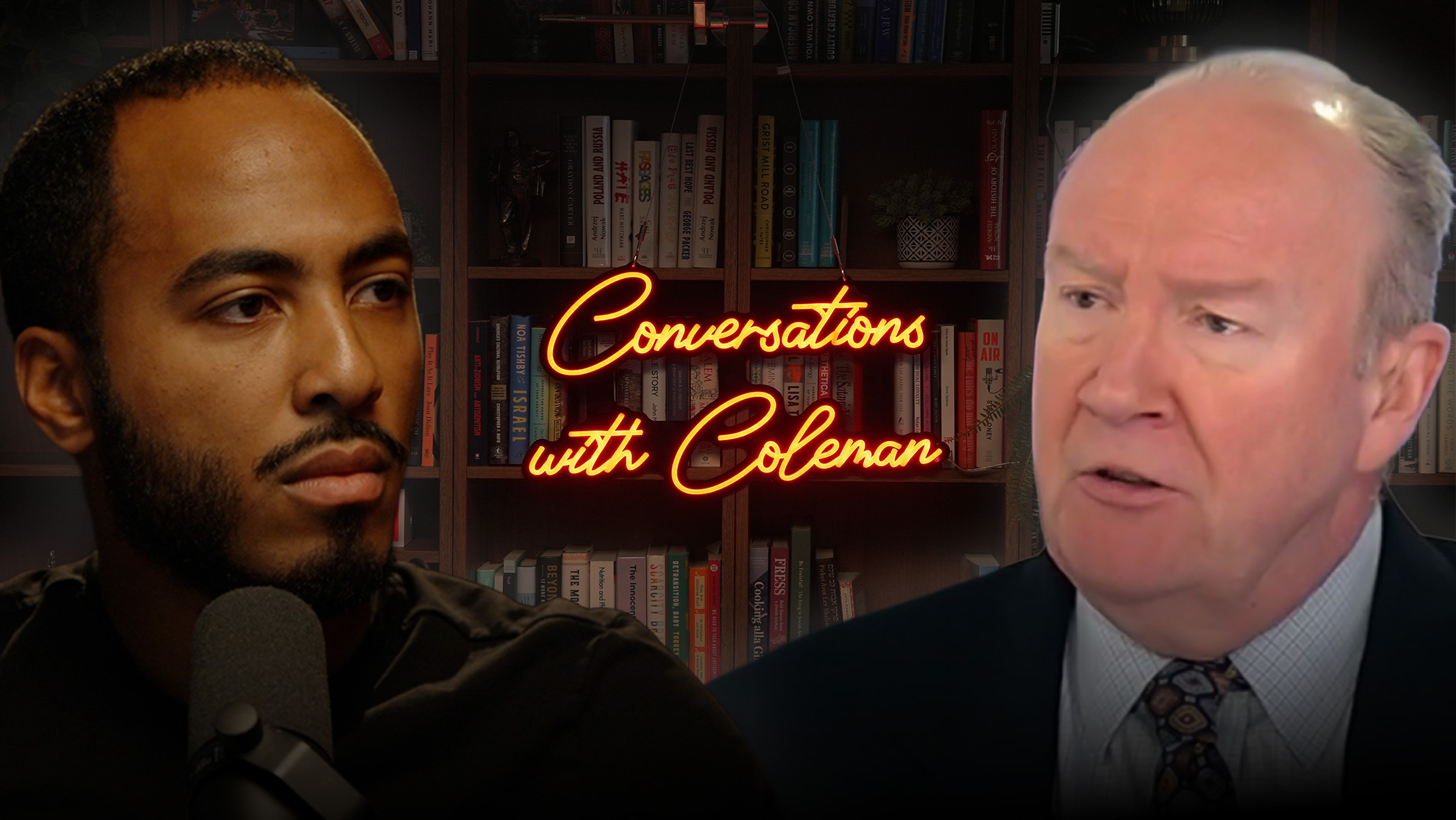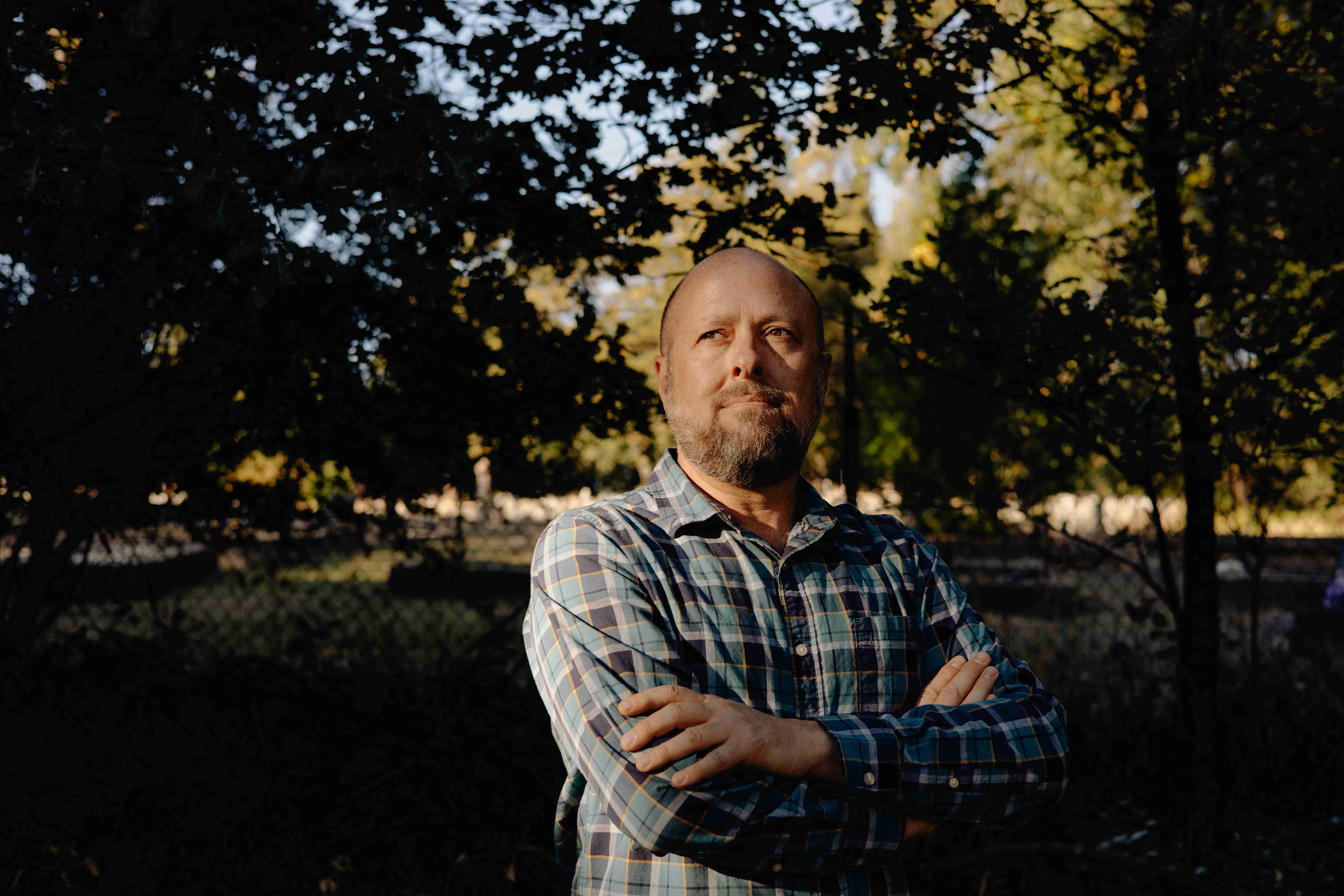Bryan Stevenson seeks to help young readers understand mass incarceration
The U.S. incarcerates more of its citizens than any other nation in the world, according to the latest government data. In 2016, about 2 million people were in jails or prisons compared to less than 200,000 in 1972.
Bryan Stevenson is the founder and executive director of the Equal Justice Initiative, a non-profit organization that provides legal representation for inmates and works to end mass incarceration. Stevenson, who has won national acclaim for his work as an advocate for poor, neglected and marginalized people in America, recently adapted his 2014 bestseller "Just Mercy" for young adult readers. It takes a close look at the justice system and details his challenges as a lawyer fighting injustice.
"Most kids know people, have family members that have been impacted by the criminal justice system. I don't think we've helped them contextualize that. So I really wanted to give them stories to help them understand that they're not the only people dealing with this," Stevenson said Wednesday on "CBS This Morning."
"There's been a … 646 percent increase in women sent to jails or prison," he said. "Seventy percent of the women we send to jails and prisons are single parents with minor children, and I think it's just important that kids begin to make sense of what's happening around them, and I don't think we've done a good job doing that."
Stevenson sees drug addiction as one of the major drivers behind America's incarceration problem. He said the justice system has improperly addressed drug dependency as a criminal issue, rather than a health issue.
"There are countries that have done that and families have been able to stay together. Mothers haven't been separated from their children and we've seen things get better. We haven't seen things get better in our management of the drug epidemic here," Stevenson said.
At the core of his message and his mission is the idea that each person is more than the worst thing they've ever done. It's a message he feels is particularly important for young people to hear.
"If we can get children to be more compassionate toward people who fall down and more forgiving of themselves when they make mistakes, I just think we build a healthier, more compassionate, more caring community," he said. "I'm worried about the anger and the menace that we impose on children. We're constantly threatening kids in schools. We have teachers that sometimes talk like correctional officers and principals who talk like wardens. And we're not helping kids be hopeful about what they can achieve and for me that's critical because I'm persuaded that hopelessness is the enemy of justice."
He also hopes the book can help inspire young people to dream beyond the examples they might have I their own life. Stevenson never met a lawyer until he got to law school.
"I had to believe things I had never seen before to imagine I could be practicing law. So for me it's important to share that with kids, poor kids, minority kids," he said.
"I want to affirm how important it is that sometimes you have to stand up even when people say sit down," he added. "Sometimes you have to speak even when people say be quiet and I think young people if they internalize that message can help lead to us a healthier future."
